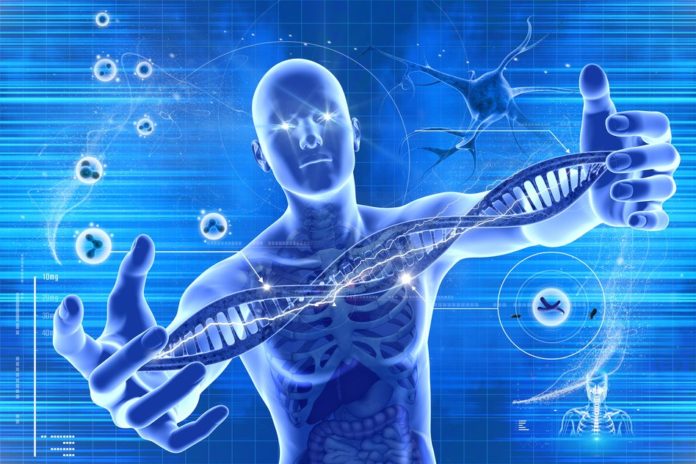Cellular health is a bit of a paradox. On the one hand, we are told to live a long and healthy life. For example, we are told to maintain a healthy weight and to eat a balanced diet.This is the exact opposite of what I’m trying to say. We are told to stay mobile and to have good health.As it turns out, a few of us have a healthy cell phone. It’s a device that lets a person with a phone know their cellular health. This does not mean that we’re supposed to stay mobile and keep it in our pocket for as long as possible. It’s a kind of a privacy device that is made for mobile and when a user is close to death they can be sure they can call their parents, friends, and even doctors.
The company that makes the device is called Verilink. They say that they want to bring a “sense of safety” to the device of keeping it with you at all times. It’s like a small cell phone that keeps your phone number and any other personal data safe. The company says they are making this so that when someone dies, their “cell phone” will go to the person who was closest to them.The problem with this is that you can’t just throw your phone in a drawer and then go back to the same place when you’re in the hospital. You can’t just have your phone in your pocket and go back to the same location but you can’t just throw it away and go back to the same place. You have to have it with you 24/7.
The company is talking about the “cellular health” concept as something that will let people go back to the scene of their death, and that they want to do this by “giving patients access to their mobile devices”. They say it will also save phone companies money because they will no longer need to charge people after their death.
The word “cellular” is actually a misnomer. The problem is that cellular health is not an actual way to tell us how many people have died. It’s not what we would call “health” per se. It’s actually the name of a company that’s trying to get health insurance companies to pay even for the same death.
Cellular health is the practice of keeping track of diseases, illnesses, and other conditions by using an electronic medical record. While this is still relatively new in the medical world, it’s growing rapidly. The American Medical Association (AMA) says that by the year 2020, 75 percent of doctors will have an electronic medical record, and a recently published study estimates that by 2022, 90 percent of physicians will have a mobile medical record.
This is great news for healthcare workers, many of whom have been working in the field for decades without the benefit of mobile devices. Companies like Aetna and UnitedHealthcare are already beginning to incorporate mobile devices in their offices. For the healthcare workers who are left without a mobile device, it’s a good time to look at why they need a mobile medical record.




















